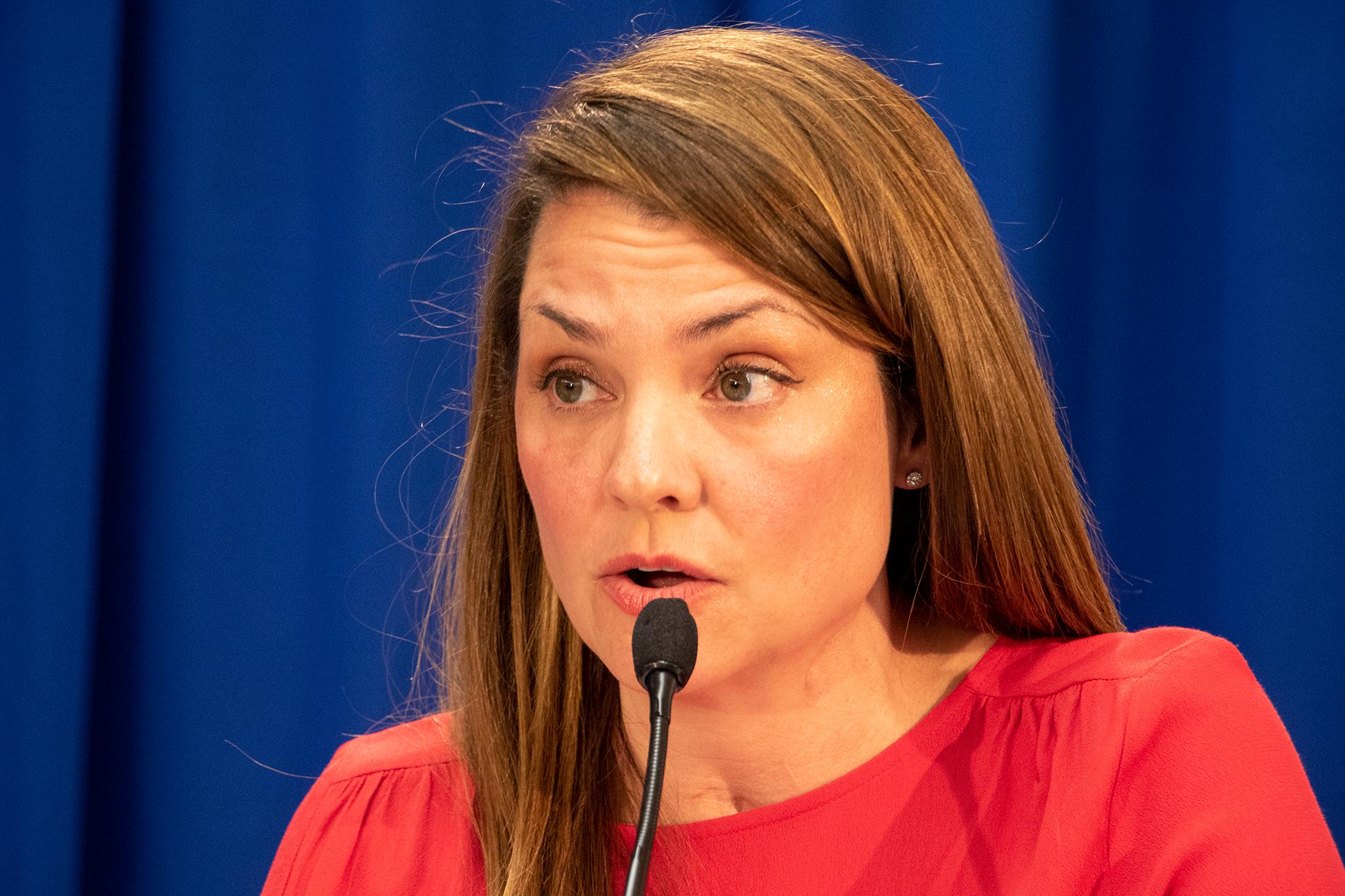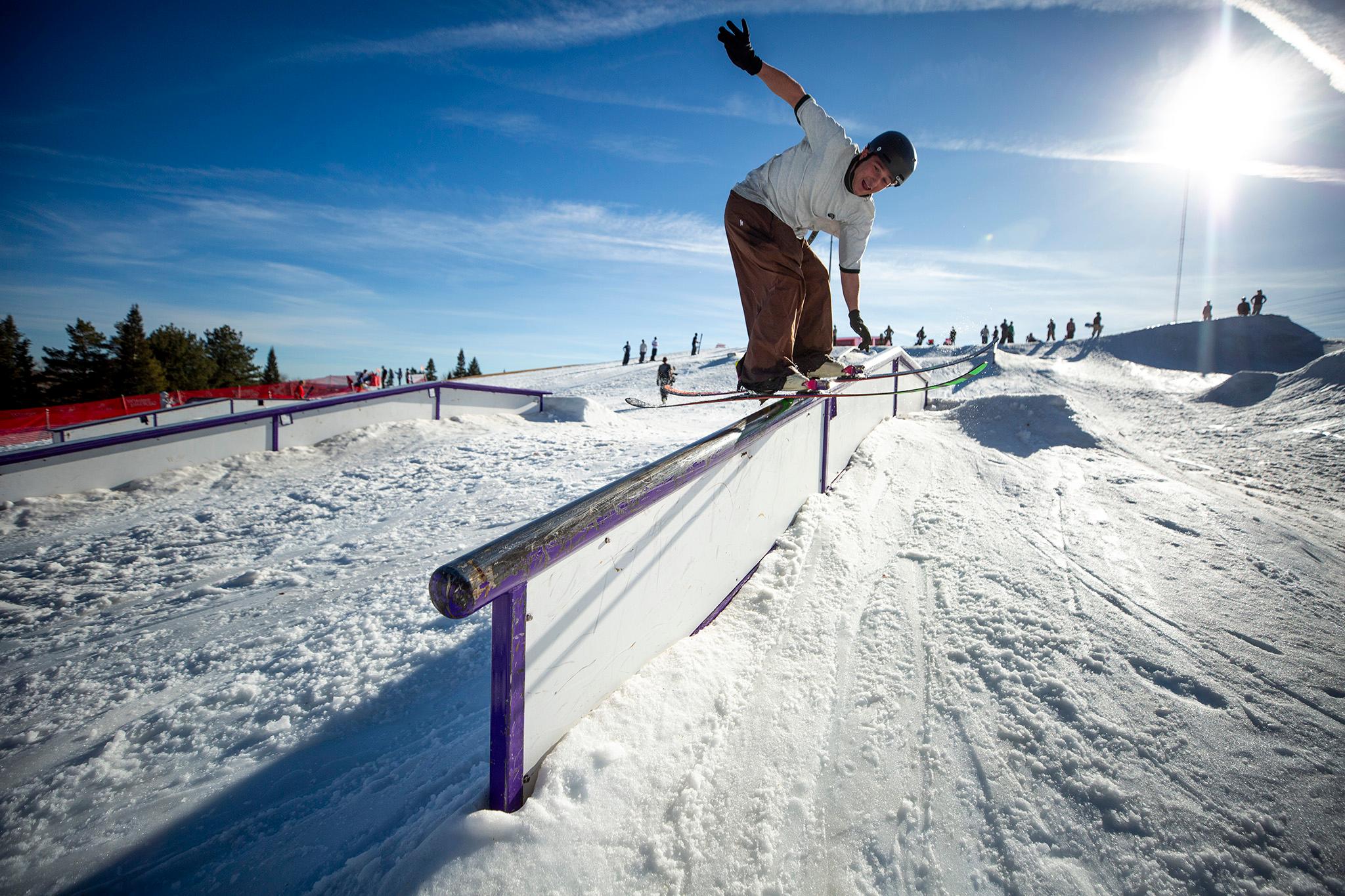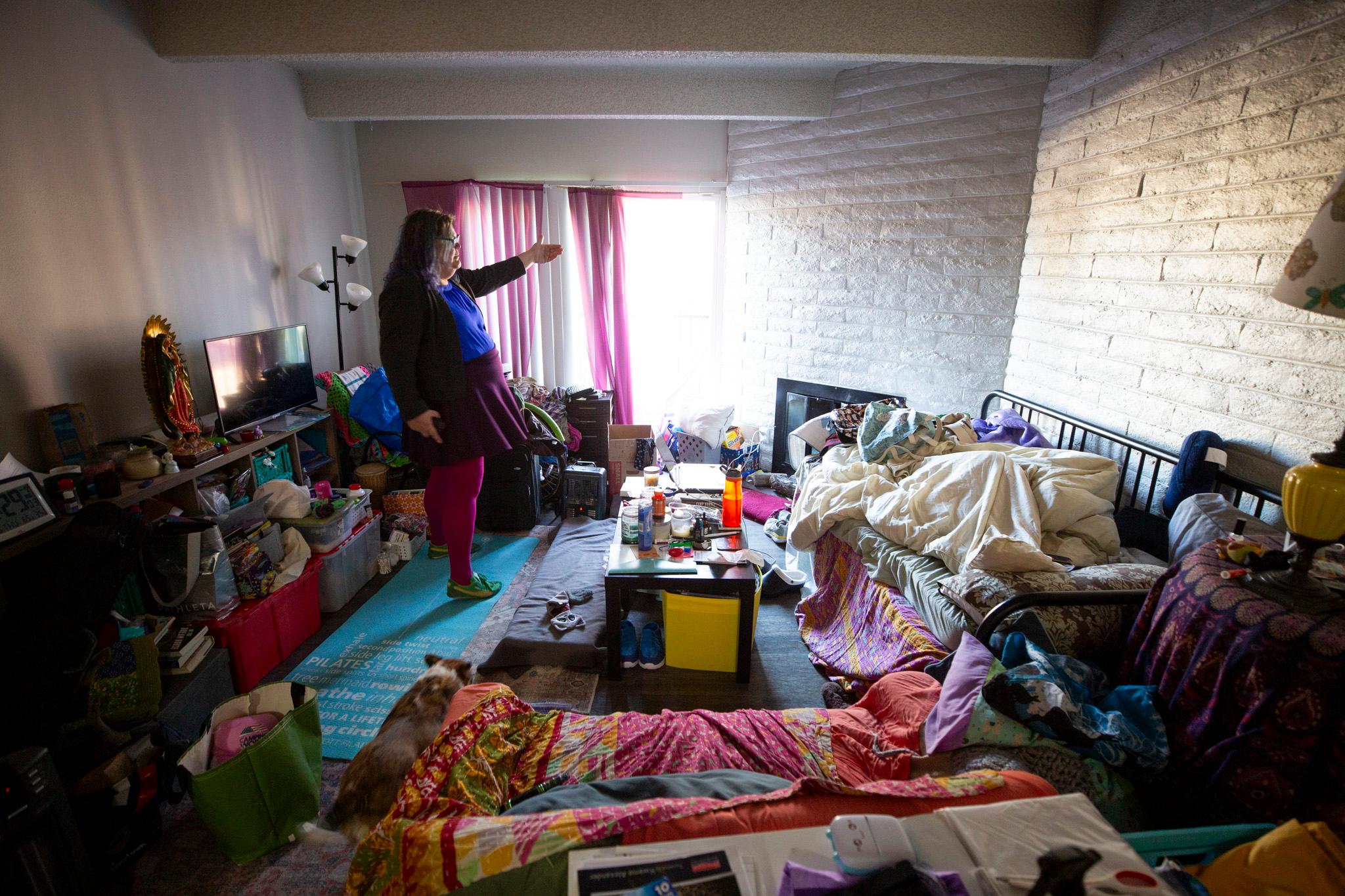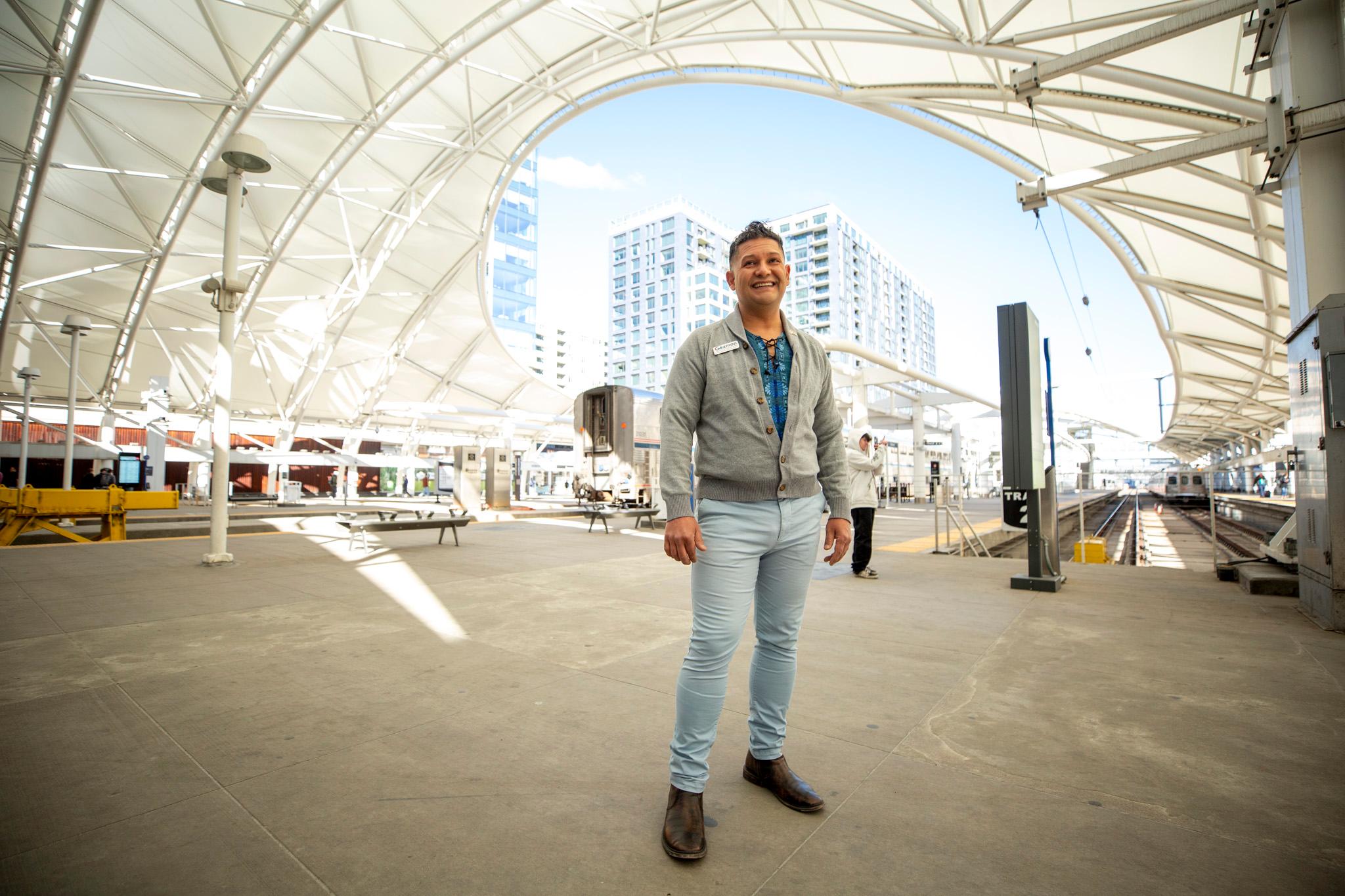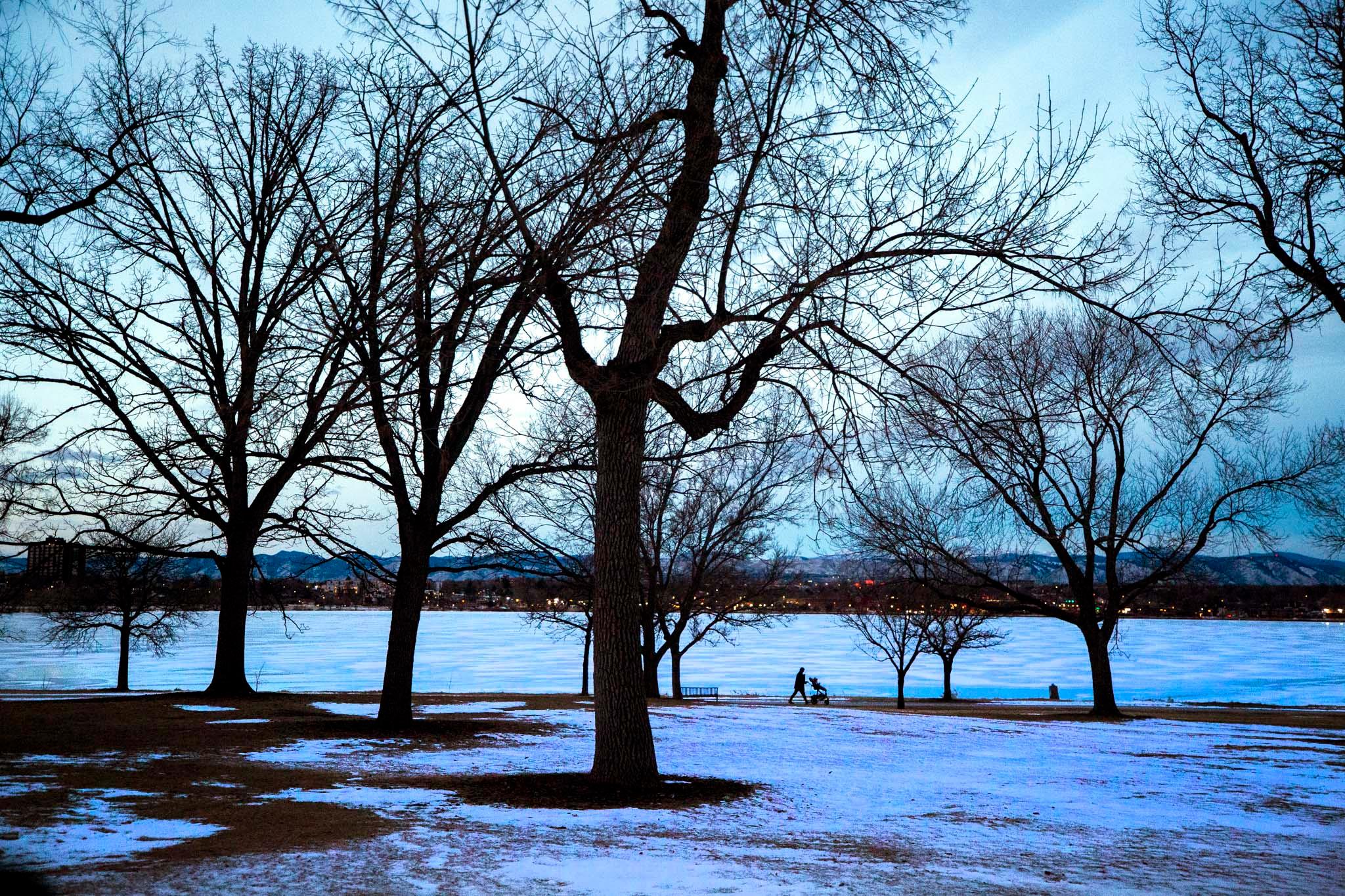Denver City Council has unanimously approved a rezoning of the Chaffee Park neighborhood to allow ADUs throughout the northwest Denver area.
The Chaffee Park Neighborhood Association had asked Councilwoman Amanda Sandoval to bring to the full council the measure on ADUs -- accessory dwelling units, also known as carriage houses or English basements. Chaffee Park ADU advocates cited Blueprint Denver, a land use and transportation policy document adopted by City Council last year that recommends Denver take steps to ease zoning and other barriers to make it easier to build ADUs everywhere in the city.
Jason Hornyak, a member of the Chaffee Park Neighborhood Association's board and head of its ADU committee, said the change would allow his neighbors to do something Denver is struggling to do: "providing more housing."
"ADUs should be legalized across the whole city without having to duplicate this effort neighborhood by neighborhood," Hornyak told City Council members before their vote Monday evening.
So far, no one has proposed a broader rezoning to allow ADUs everywhere in Denver. But discussions are underway to follow Chaffee Park's lead in Sloan's Lake, which is in Sandoval's district, and in East Colfax.
With the addition of Chaffee Park's 310 acres, about a quarter of Denver is now zoned to allow ADUs. Elsewhere, individual homeowners can request zoning changes from City Council to allow an ADU.
Chaffee Park has large residential lots and is bordered to the south by Interstate 70, to the north more or less by 52nd Avenue, to the west by Federal Boulevard and to the east by railroad lines just beyond Kalamath Street. The neighborhood that is home to about 5,600 people remains zoned for single family homes, but now each home can have one smaller home on the same lot.
Sandoval said the rezoning would allow for gentle density that could help low-income homeowners stay in a neighborhood where gentrification is a concern. But she said she understood the trepidation felt by some Chaffee Park residents.
"In northwest Denver (where) I was born an raised, there has been a lot of change," Sandoval said. "A lot of times change can be challenging."
The measure adopted Monday changes what single-family zoning means in Chaffee Park at a time when policy makers across the country, particularly in cities facing a shortage of housing that low- and moderate-income residents can afford, are taking a hard look at the consequences of allowing only one home per lot on the vast majority of the residential territory in the United States. Studies have shown those consequences include increasing racial segregation and housing costs and decreasing opportunities for minorities. Researchers at the Urban Institute looked at steps to make it easier to build ADUs in Washington, D.C., and Portland, Ore.
Not everyone wants to see traditional single-family zoning disappear.
Denver residents frequently try to stop individual rezonings to allow ADUs, arguing they will change a neighborhood's character, decrease property values and strain parking and other infrastructure. Similar concerns were raised by opponents of the Chaffee Park proposal.
Denver's housing and planning departments have embarked on a project to explore how zoning can be changed as part of an effort to increase affordability and equity. Officials from the departments say they don't plan to end single-family zoning, as the Minneapolis City Council voted to do in 2018. Denver planning and housing officials say they are looking instead at allowing more duplexes and triplexes as well as ADUs in parts of the city now zoned for single-family homes.
In Denver and elsewhere, ADUs are seen as a way to spread the high cost of land out among more housing units, bringing down the cost of each unit. Allowing homeowners to build a small housing unit they can then rent could also help them build wealth and avoid displacement as neighborhoods gentrify. ADUs can also house aging parents or adult children starting their careers. For one pilot project, Denver has created a fund that low- and moderate-income homeowners can turn to for loans to build ADUs, which can cost hundreds of thousands of dollars. Sandoval has looked at whether Chaffee Park can participate in the project, which started in largely Latinx west Denver neighborhoods and includes plans for ADUs that can be built at moderate prices and requires rents to be below market rate.
Carrie Makarewicz is an assistant professor in the Department of Planning & Design in the College of Architecture and Planning at the University of Colorado Denver whose research priorities include affordable housing. Makarewicz would like to see ADUs allowed across Denver. She told Denverite that moving toward that goal might be cumbersome and slow, but would allow for time to learn how to avoid unintended consequences such as an increase in housing prices that could hurt the people ADUs are meant to help.
Makarewicz added that a citywide zoning change process might, in an effort to appease opponents of ADUs, result in regulations so restrictive in terms of what types of buildings would be allowed and the size of lots where they would be permitted that "we would allow ADUs in theory, but not in practice."
Working with an urban planner on her staff, Councilwoman Sandoval went forward with the Chaffee Park proposal after conducting months of study and discussion that included town hall meetings, neighbors going door-to-door to share information about the rezoning idea, and an online survey. Makarewicz said that kind of community outreach, particularly the door-to-door canvassing, would help ensure that all voices are heard, not just those of people who typically have the time to join neighborhood organizations and come to community meetings.
Sandoval has now started an ADU discussion similar to the Chaffee Park outreach process for another neighborhood in her district, Sloan's Lake. And fellow City Council members are starting the process for a third neighborhood, East Colfax.
Denver developer Kevin Dickson lobbied for ADUs to be allowed across the city during discussions that led to a broad revision of the city zoning code in 2010.
He helped start a blog to push for ADUs.
"When we got started, we didn't even know that was the name for them," he said. "We called them granny flats or carriage houses.
"People deserve lower housing costs and so (every) neighborhood deserves ADUs," Dickson said. "Single-family zoning has driven up the cost of housing so much that it's not fair anymore. It's another cause of unequal wealth distribution."
Dickson and fellow advocates encountered strong opposition. An example Dickson pointed to was a counter-argument sent to the blog in 2009. In addition to concerns that ADUs would lead to more noise and less privacy and parking, the opponent asked whether people living in ADUs would fit into some neighborhoods: "Injecting more renters into stable neighborhoods generally increases a transitional population, which could destabilize the current owner-occupied balances of our neighborhoods and make it harder to maintain single-family homes," the post said.
Dickson said that these days when City Council members are asked to consider individual rezonings for ADUs, they are increasingly rejecting arguments that the additions will hurt neighborhoods. Such arguments were given more weight during the discussion over the 2010 zoning change, Dickson said.
"We knew all along that none of the arguments were valid. But we didn't overcome the opposition (before). They just said they didn't like it and that was enough," he said. Now "cities are eliminating single-family zoning. It's become conventional wisdom that single-family zoning is unacceptably racist. It causes costs to go way up. And it keep renters out of your neighborhood."

